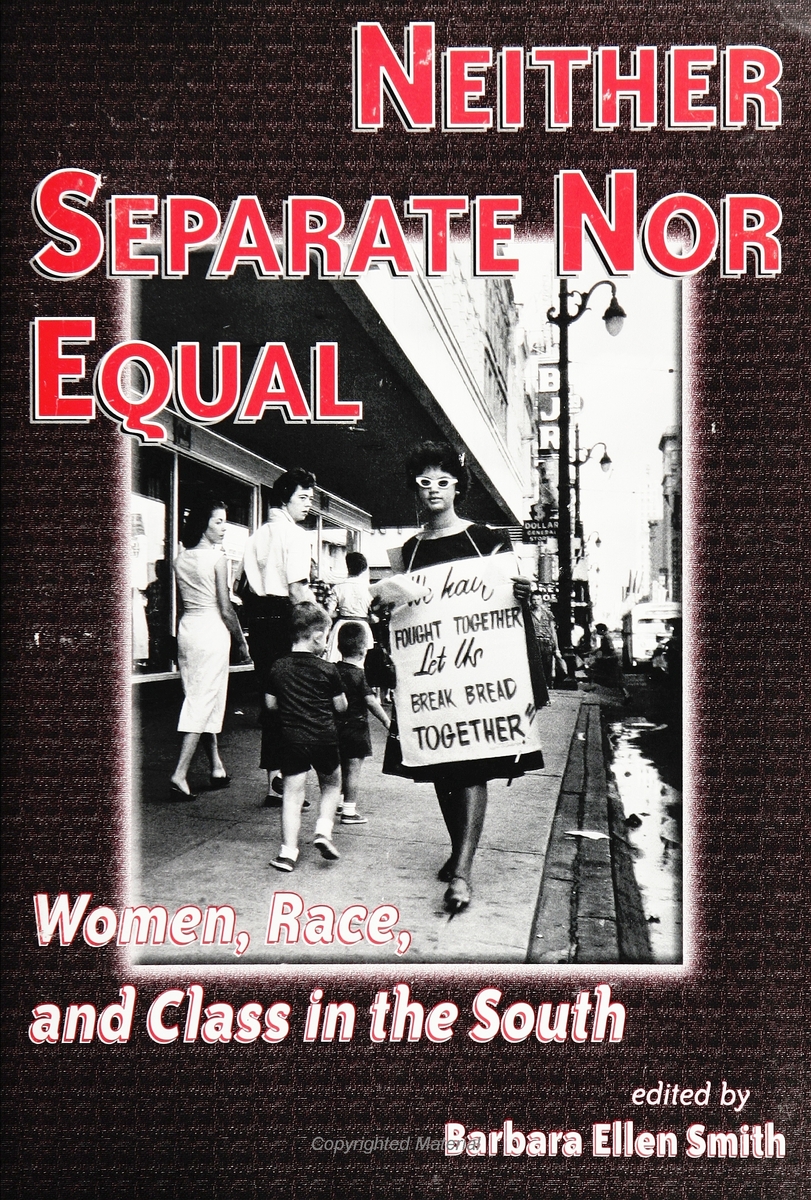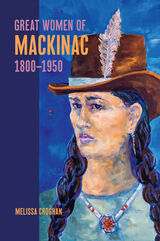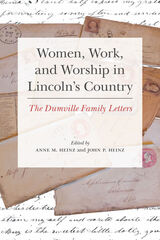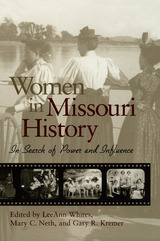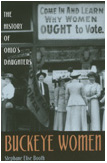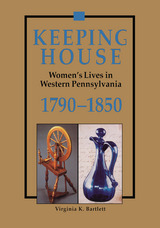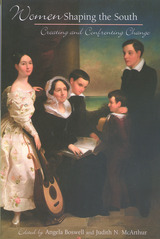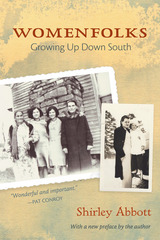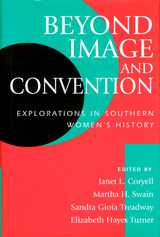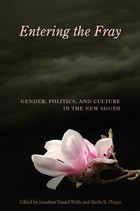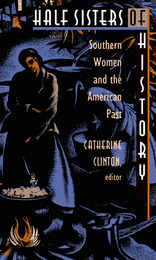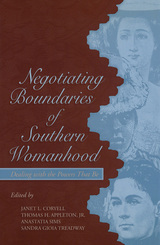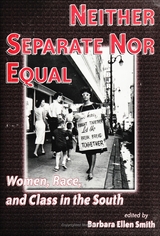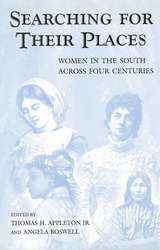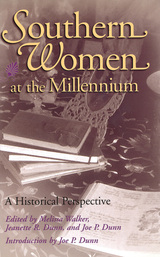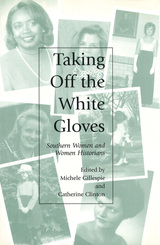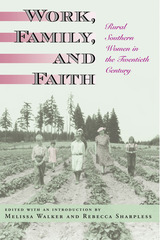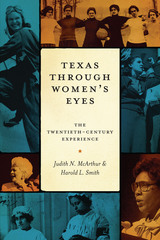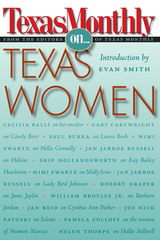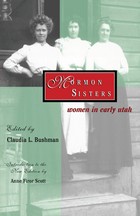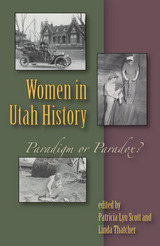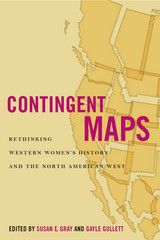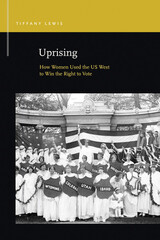Neither Separate Nor Equal
Temple University Press, 1999
Cloth: 978-1-56639-679-0 | eISBN: 978-1-4399-0123-6 | Paper: 978-1-56639-680-6
Library of Congress Classification HQ1438.S63N45 1999
Dewey Decimal Classification 305.420975
Cloth: 978-1-56639-679-0 | eISBN: 978-1-4399-0123-6 | Paper: 978-1-56639-680-6
Library of Congress Classification HQ1438.S63N45 1999
Dewey Decimal Classification 305.420975
ABOUT THIS BOOK | AUTHOR BIOGRAPHY | REVIEWS | TOC | REQUEST ACCESSIBLE FILE
ABOUT THIS BOOK
When she began work on this collection, Barbara Ellen Smith was asked, "Why work on a book about women in the South? Nobody writes books about women in the Midwest." In an era of intensified globalization, when populations, cultures, and capital move across the boundaries of nation-states in multiple forms and directions, the concept of a subnational region seems parochial and out of date. "But," Smith argues, "it is precisely because of the historical construction of the secessionist South as an embattled region when all manners of social problems tend to be blamed on poor women and children and those whose skin is anything but white, that the experiences of racially diverse women in a region legendary for both white supremacy and male supremacy are important to explore."
Collecting in one volume the work of such well-known scholars on Appalachia and the South as Carl Stack, Mab Segrest, and Sally Maggard, among others, Neither Separate Nor Equal analyzes the complex and dramatic developments in the lives of contemporary Southern women. Case studies vividly portray women's diverse circumstances activities: from rural African American women in the Mississippi Delta taking on new roles as community builders to female textile workers in North Carolina contending with automation and reorganization of the mills.
Focusing on the South's historical legacies as they are manifested and contested in the lives of women today, including the tensions between long-lasting patterns of regional distinctiveness and the disruptions of globalizations, this collection approaches differences of race and class not as forms of separation among women, but as social -- be they often contentious, difficult, or exploitive -- relationships. Unifying around a theme of relationally, Neither Separate Nor Equal offers searching empirical studies of Southern women and a conceptual model for feminist scholarship as a whole.
Collecting in one volume the work of such well-known scholars on Appalachia and the South as Carl Stack, Mab Segrest, and Sally Maggard, among others, Neither Separate Nor Equal analyzes the complex and dramatic developments in the lives of contemporary Southern women. Case studies vividly portray women's diverse circumstances activities: from rural African American women in the Mississippi Delta taking on new roles as community builders to female textile workers in North Carolina contending with automation and reorganization of the mills.
Focusing on the South's historical legacies as they are manifested and contested in the lives of women today, including the tensions between long-lasting patterns of regional distinctiveness and the disruptions of globalizations, this collection approaches differences of race and class not as forms of separation among women, but as social -- be they often contentious, difficult, or exploitive -- relationships. Unifying around a theme of relationally, Neither Separate Nor Equal offers searching empirical studies of Southern women and a conceptual model for feminist scholarship as a whole.
See other books on: Minority women | Neither Separate Nor Equal | Sex role | Smith, Barbara | Social networks
See other titles from Temple University Press
